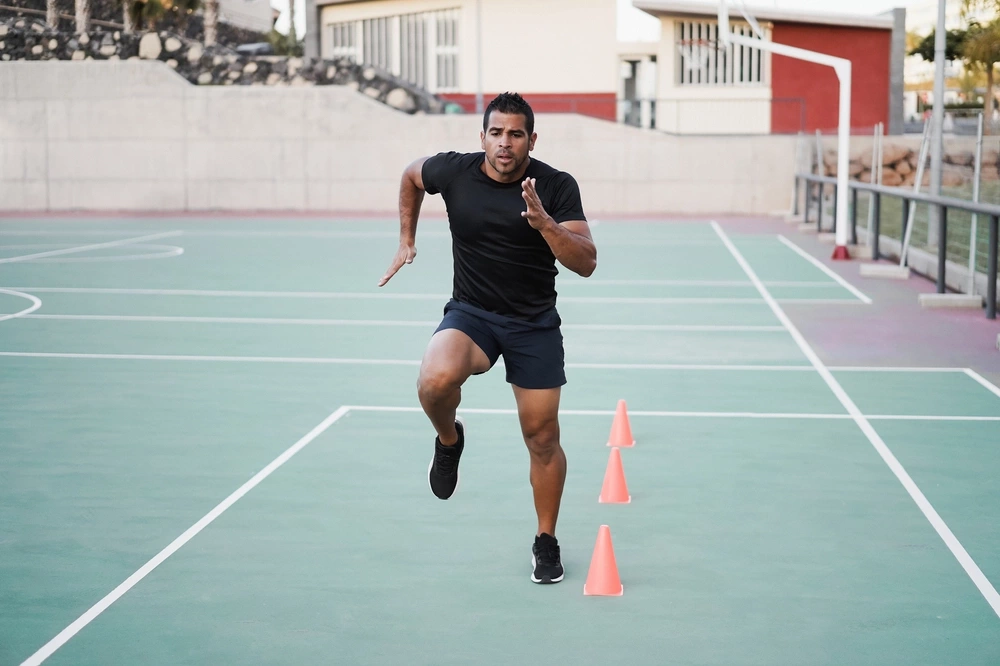

If you read our previous post on an ACL tear, then you know the rehab process is extensive.
But, do you need ACL surgery?
Believe it or not, NOT ALL INDIVIDUALS NEED ACL SURGERY.
If your PT or surgeon never informed you about the non-surgical option, then I apologize. They were doing you a disservice if they never informed you about the 3 treatment options for an ACL tear.
On the bright side, there is an evidence based assessment that can aide in determining if you need ACL surgery. It comes down to determining whether you are a coper or noncoper.
Coper’s can be defined as, “athletes who resume prior levels of activity without dynamic instability after an ACL rupture” [1]. In other words, a coper is an individual who is likely to have a SUCCESSFUL outcome after suffering an ACL tear.
Noncoper’s can be defined as, “athletes who continue to have episodes of dynamic instability despite progressive rehabilitation” [1]. In other words, a noncoper is an individual who is likely to have an UNSUCCESSFUL outcome after suffering an ACL tear.
There is a screening examination that consists of 4 tests to determine if you are a coper or noncoper [1].
Failing any one of the tests automatically classifies you as a noncoper. That is, failing any one of the tests indicates that you may need ACL surgery.
The 4 tests to determine if you need ACL surgery are (passing threshold):
No!
Although that may be surprising, this has been known since a 2008 study [2]. In this study, 70% of individuals classified as noncopers immediately after injury became copers after undergoing a year-long rehab program WITHOUT having surgery.
More recently, a 2019 study [1] showed that a 5 week training program has the ability to change a noncoper to a coper.
Furthermore, the 2019 study also showed that individuals identified as copers AFTER THE 5 WEEK TRAINING had a 2.7x higher odds of having a successful outcome compared to noncopers.
In summary, if you are classified as a noncoper at first, does not mean you need ACL surgery right away.
In short, the purpose of this program is to restore strength and improve neuromuscular control. Interestingly, this 5 week training program is the same program that is used in the rehabilitation phase of recovering from an ACL tear.
This site uses Akismet to reduce spam. Learn how your comment data is processed.

No Comments